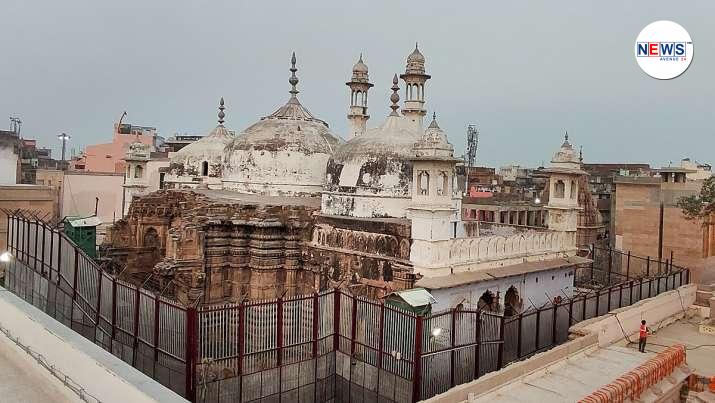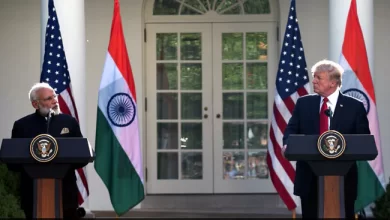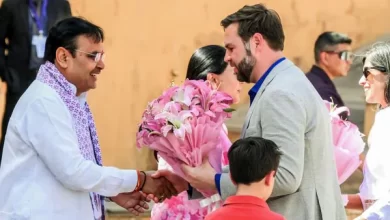
Gyanvapi mosque case: SC says ‘experience’ needed to hear suit, transfers case to Varanasi district judge
The Supreme Court transferred the civil suit filed by Hindu devotees on Gyanvapi mosque from the civil (senior division) to the district judge and said that given the complexities and sensitivity of the issue, an experienced judge must handle the case.
HIGHLIGHTS
- Gyanvapi mosque: SC transferred the civil suit filed by Hindu devotees from civil to district judge
- The top court said interim order of May 17 should be followed
- The bench also directed the district magistrate to make adequate arrangements for ‘wazu’ (ablution)
Gyanvapi mosque case: The Supreme Court transferred the civil suit filed by Hindu devotees on Gyanvapi mosque from the civil (senior division) to the district judge and said that given the complexities and sensitivity of the issue, an experienced judge must handle the case.
A bench of Justices DY Chandrachud, Surya Kant, and PS Narasimha said that it is not casting any aspersion on the civil judge (senior division) who was earlier dealing with the suit.
The top court directed the district judge to first decide the application under Order 7 Rule 11 of CPC (on maintainability) filed by the Mosque committee saying the civil suit is barred by a law of Parliament be decided upon the transfer of papers from the civil judge (senior division).
The top court said that its earlier interim order of May 17 directing protection of the area where ‘Shivling’ is said to be found and allowing Muslims to offer ‘Namaz’ in mosque premises shall remain in operation till the maintainability of the suit is decided by the district judge and thereafter for eight weeks to allow the aggrieved parties approach the higher court.
The bench also directed the district magistrate to make adequate arrangements for ‘wazu’ (ablution) for the Muslims coming for offering Namaz in the mosque in consultation with the parties involved in the dispute.
The top court also took a serious view on the leak of a report on the video survey of the mosque. “Only the trial court can open the report… there is a need to maintain calm on the ground and not allow nerves to be frayed with selective leaks.”
As Ahmadi questioned the appointment of Commissioner, as it was barred under the Places of Worship (Special Provisions) Act, 1991, the bench said that there are various nuances of the Act which will fall for consideration.
“The ascertainment of religious character is not barred under the Act. The ascertainment of religious character of a place may not fall foul of Section 3 or 4 of the Act. These are matters where we will not hazard an opinion. We are in a dialogue.”
The top court also directed the District Magistrate, Varanasi to make arrangements for ‘wuzu’ (ritual ablutions), for Muslims before offering namaz. The top court has scheduled the matter for further hearing in July.
The trial court’s order for a survey of the area by appointing court commissioners was questioned by the masjid committee, which moved the apex court to challenge the Allahabad High Court’s April 21 order. The high court had declined to intervene in the matter. The survey was conducted on May 14, 15 and 16.
The masjid committee contended that the suit is all about changing the character of a shrine which is a mosque, and this is not maintainable. However, the top court had cited that the suit filed before the Varanasi court was not a title suit but one for an injunction against worship at ‘Shringar Gauri’.
News Sources – India Tv News





